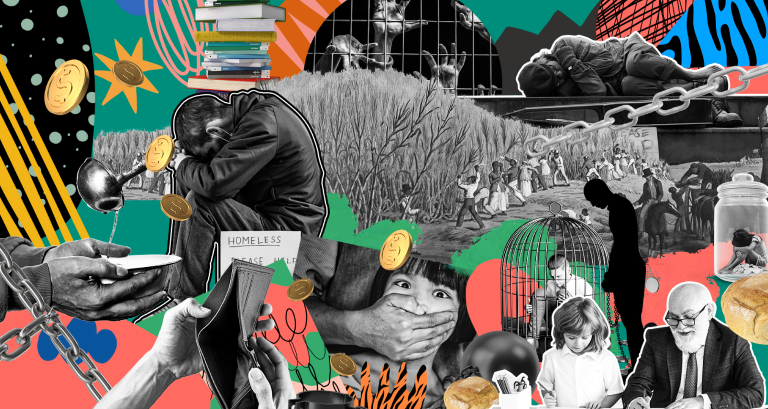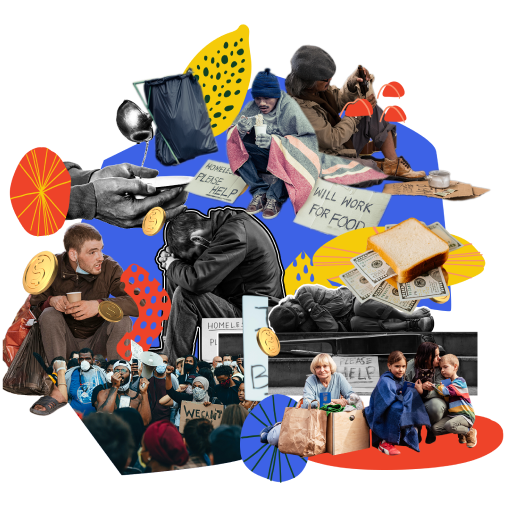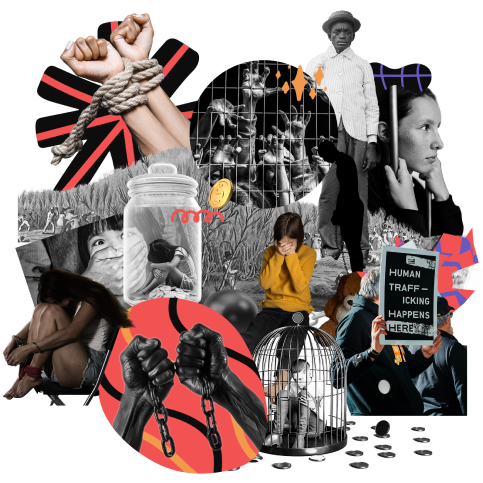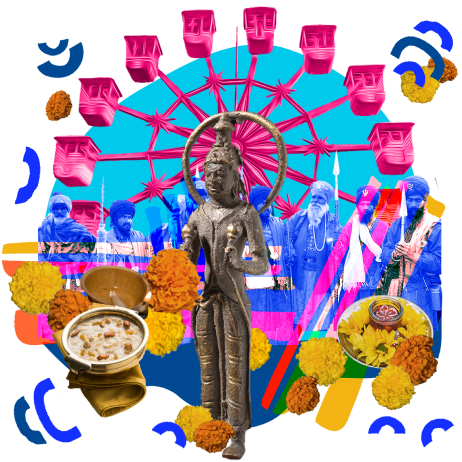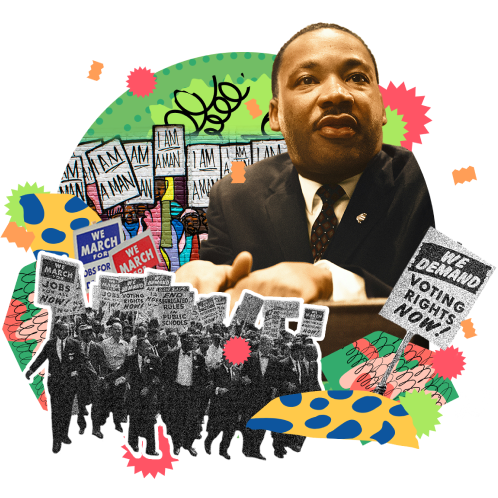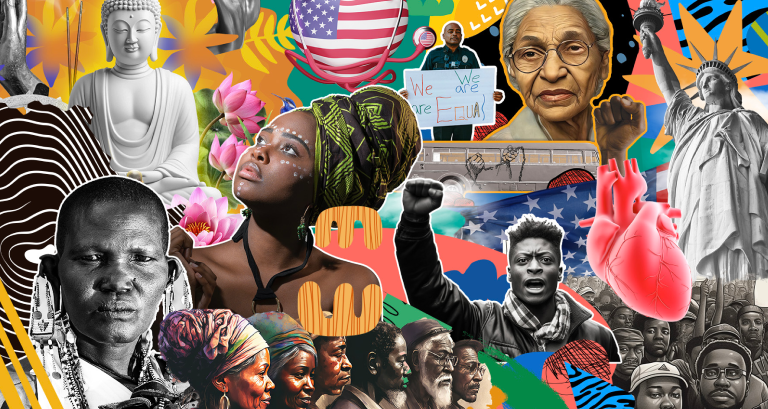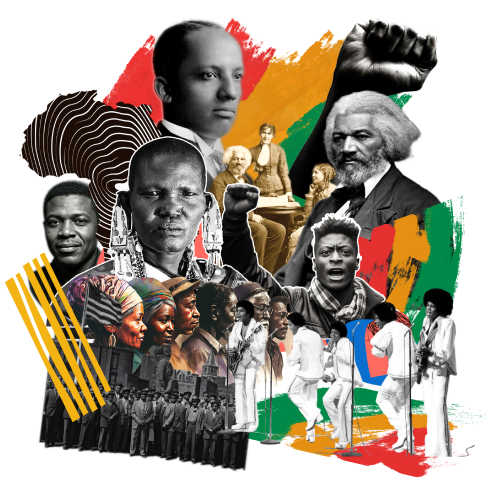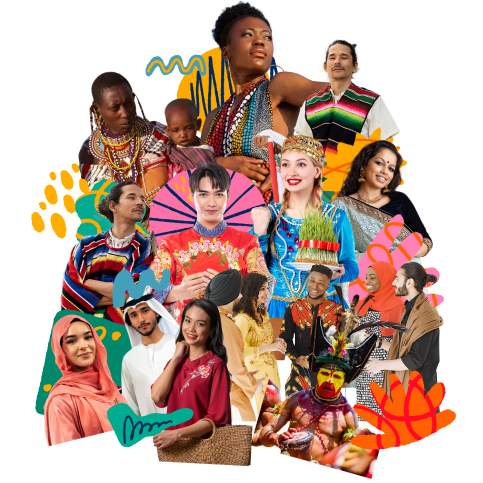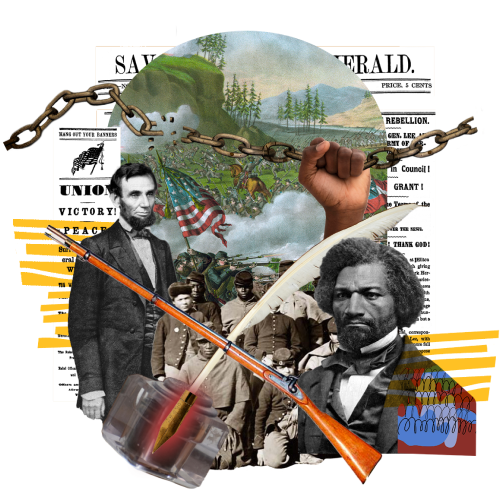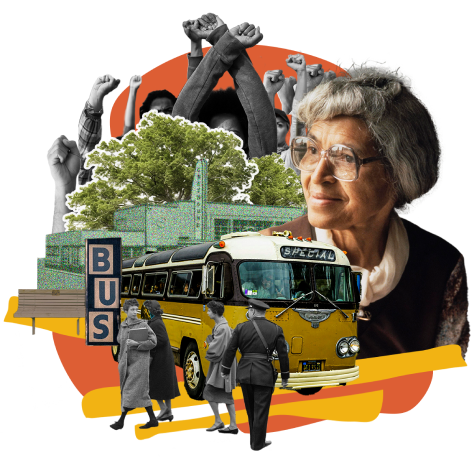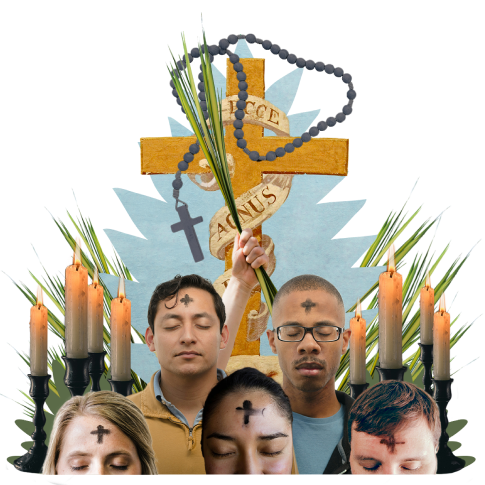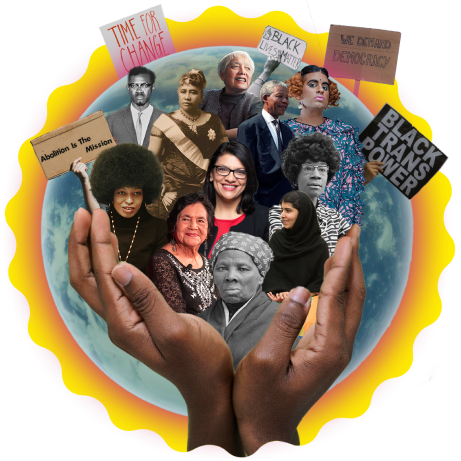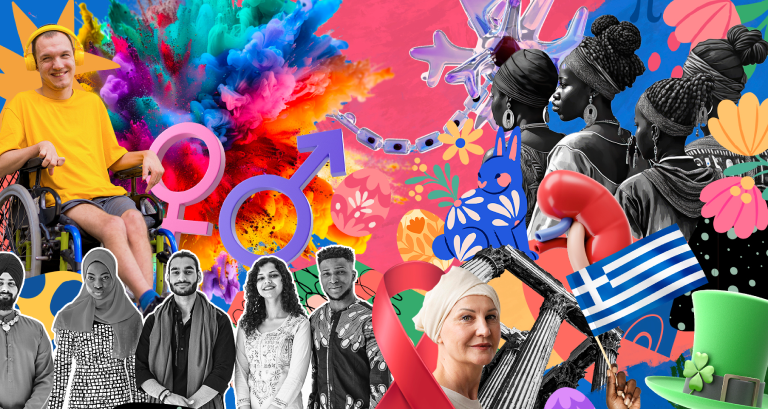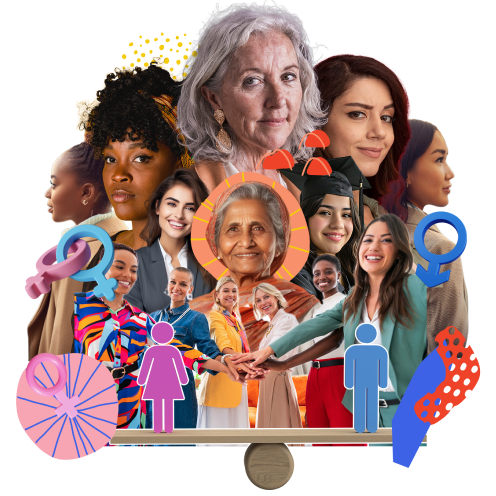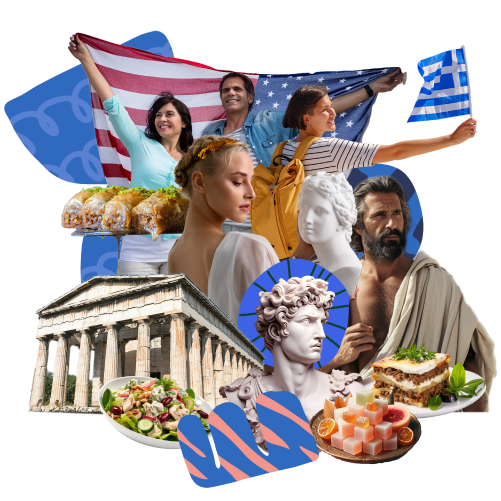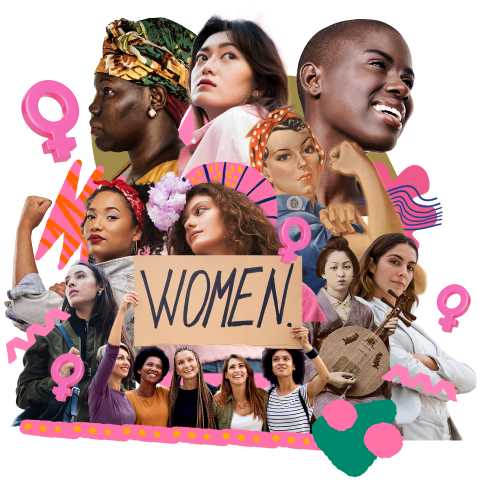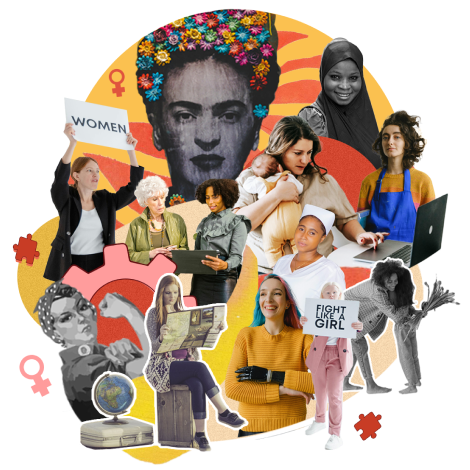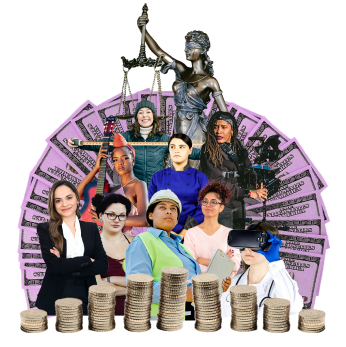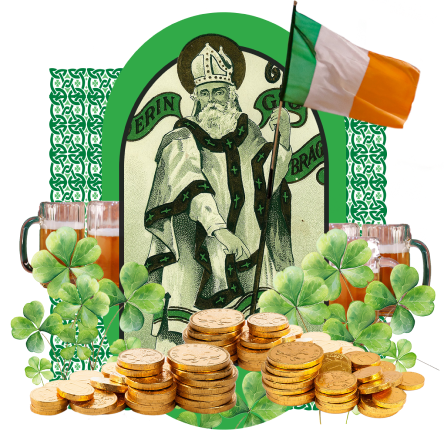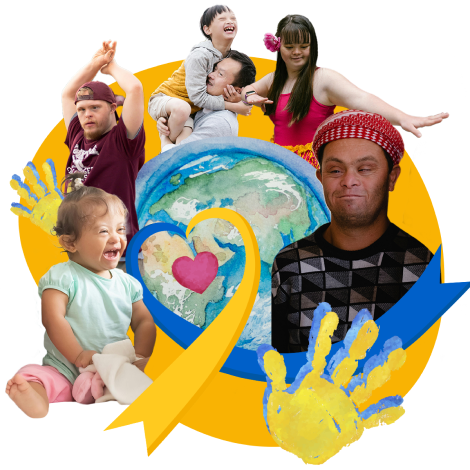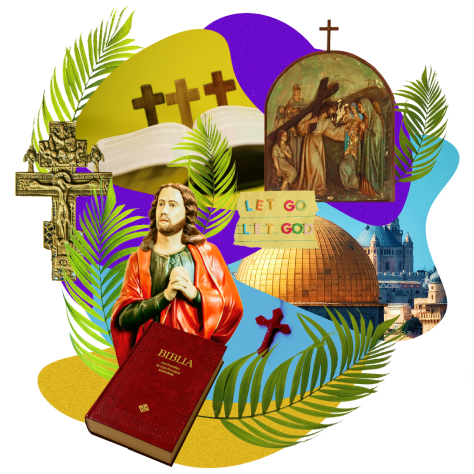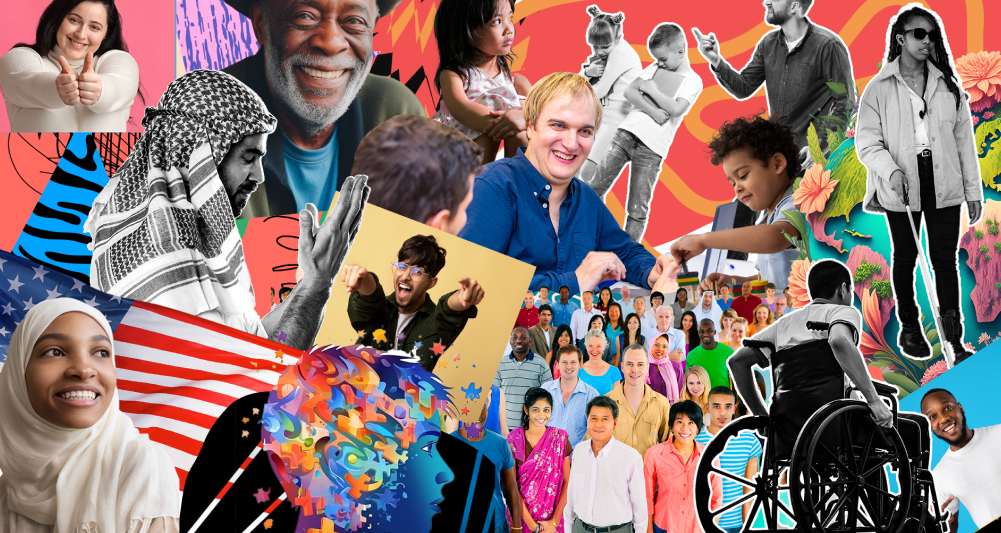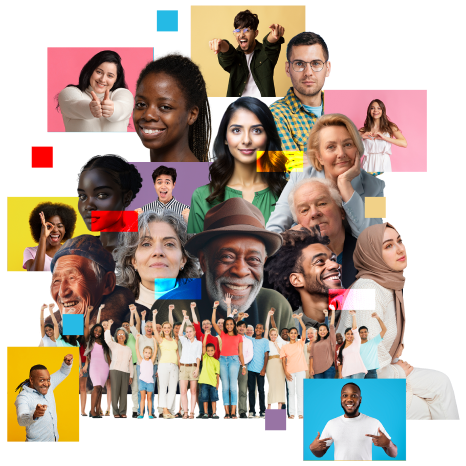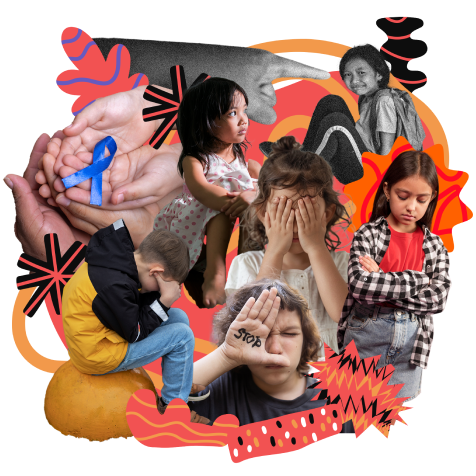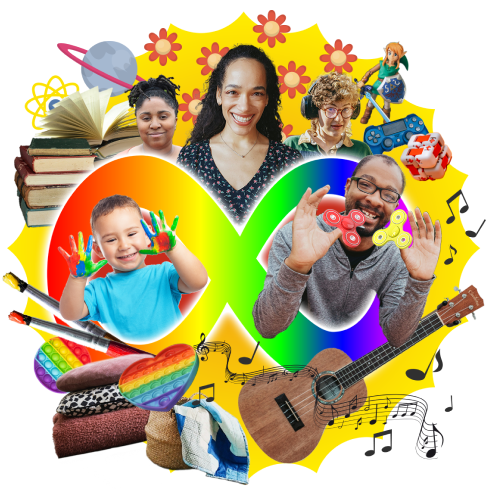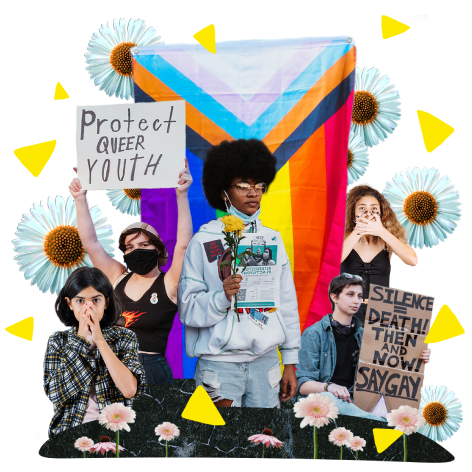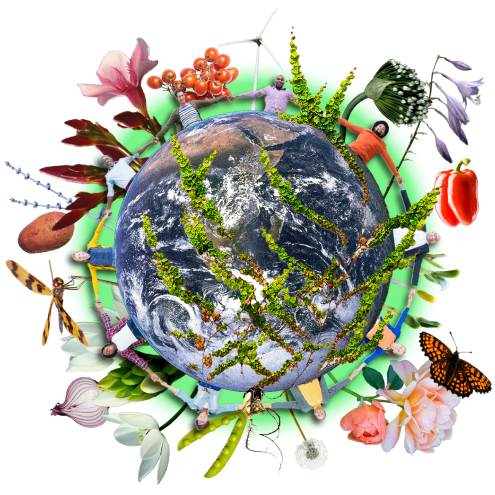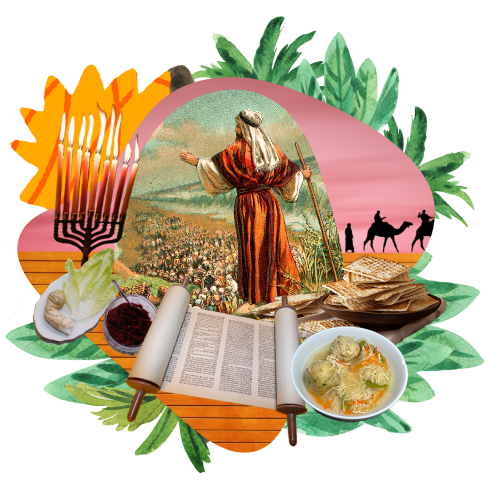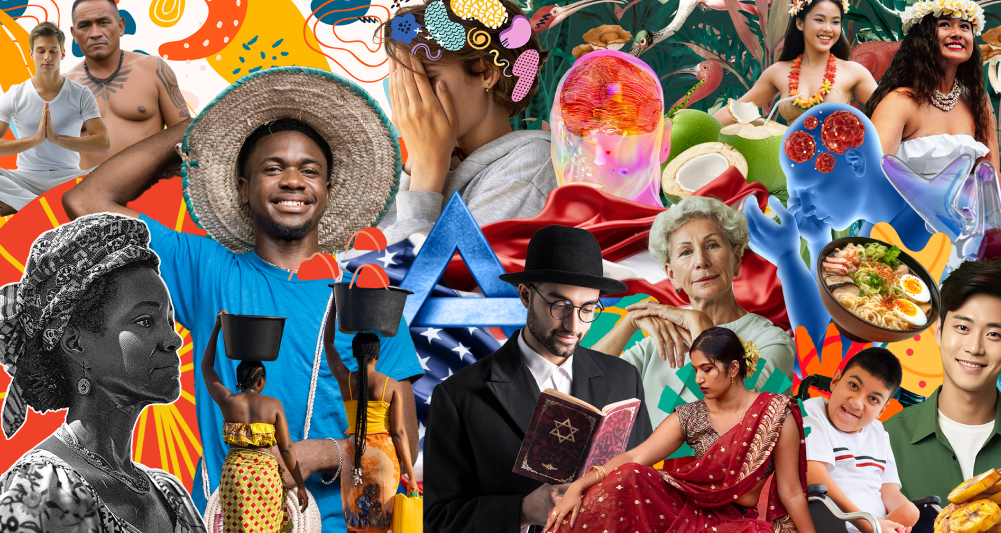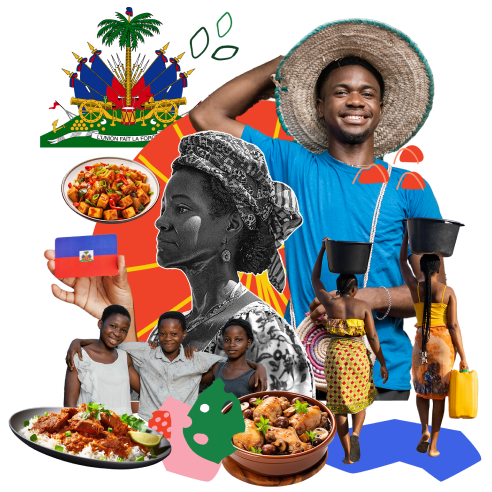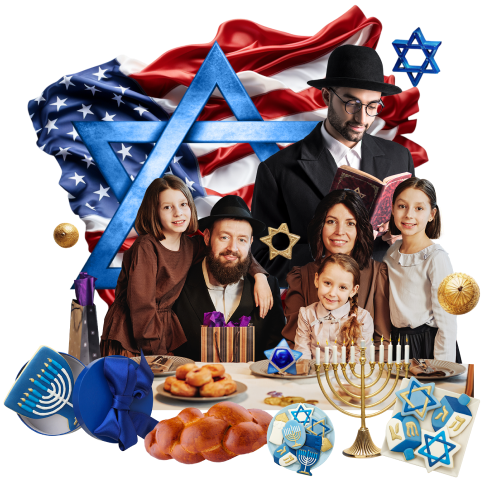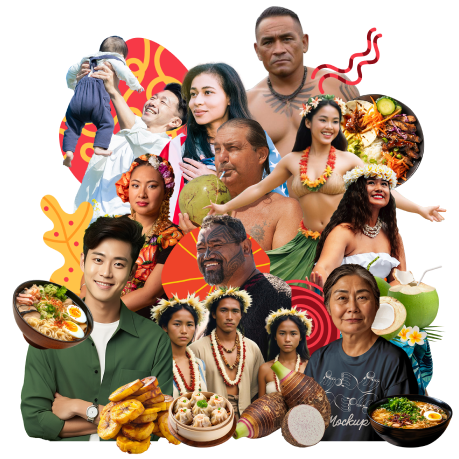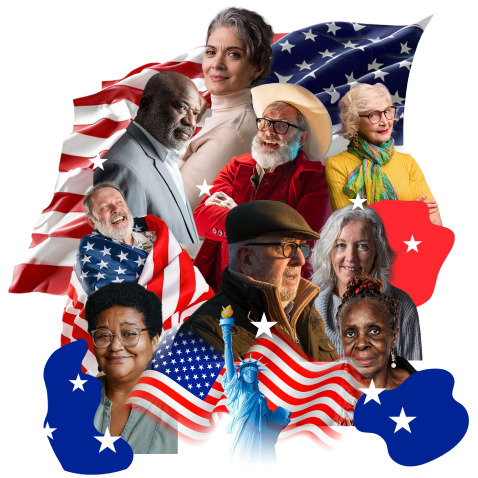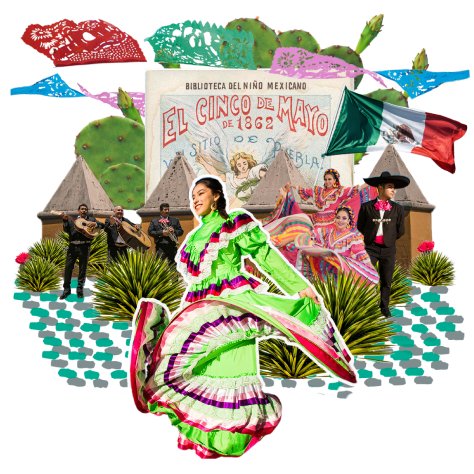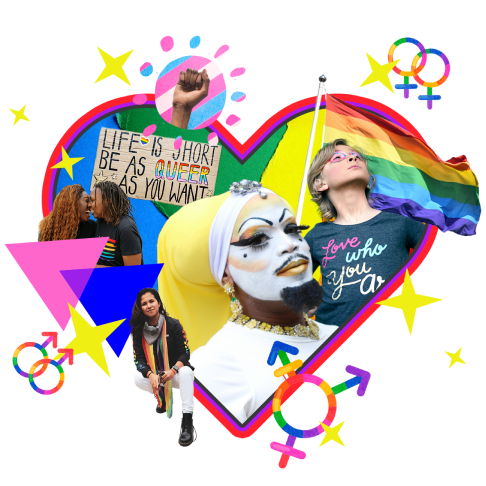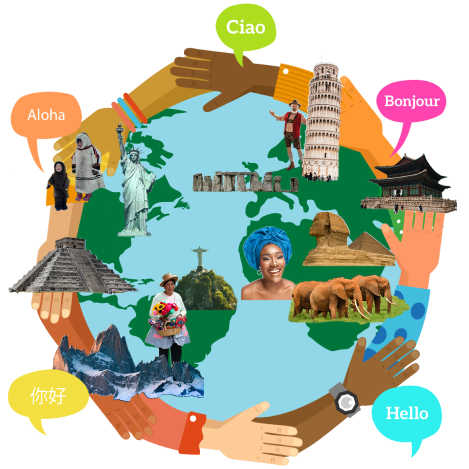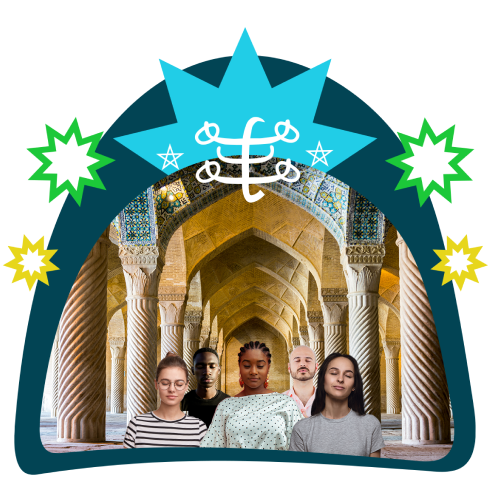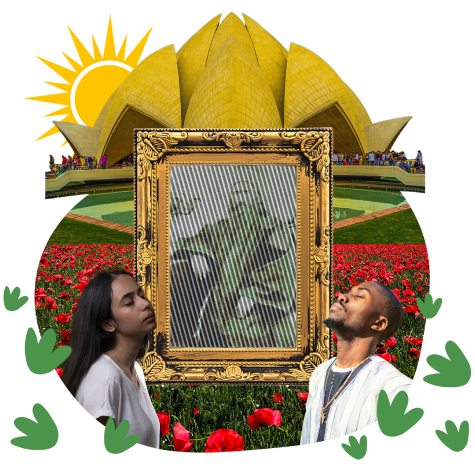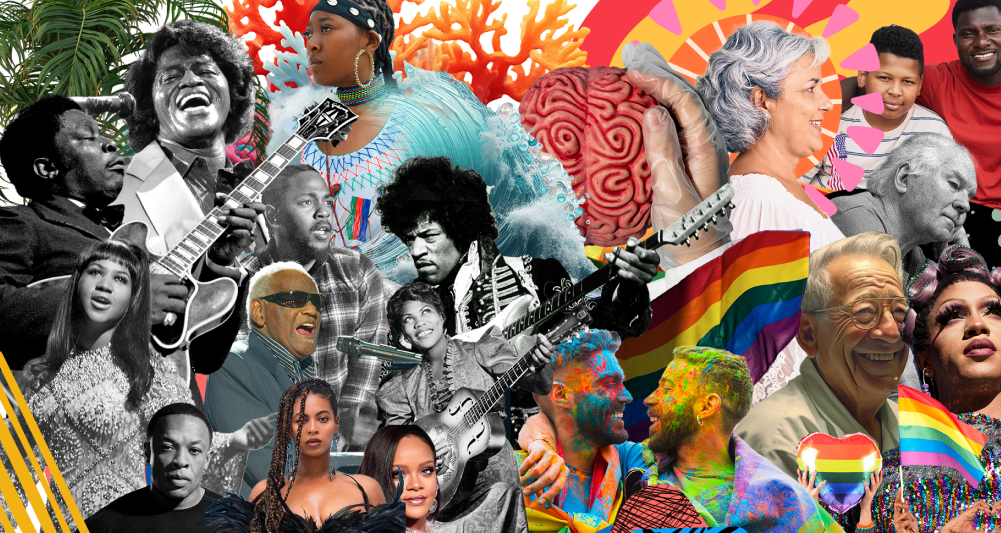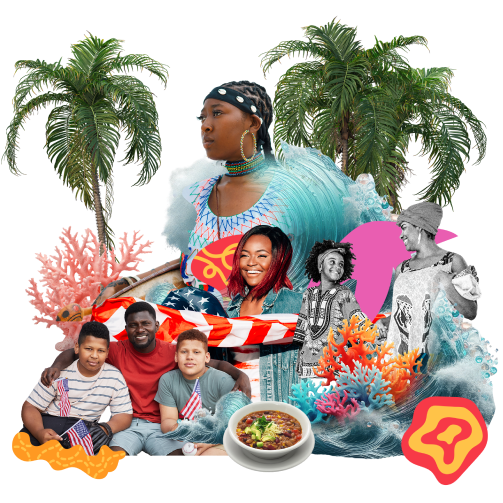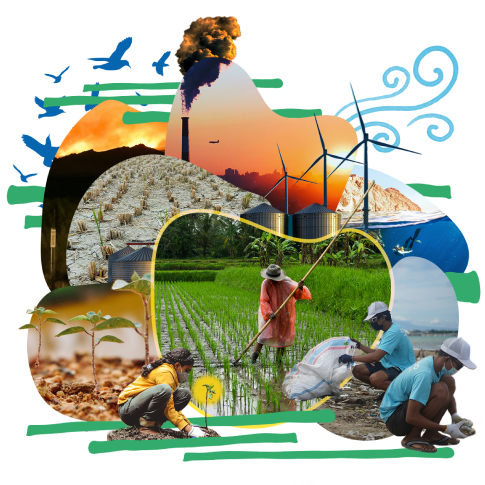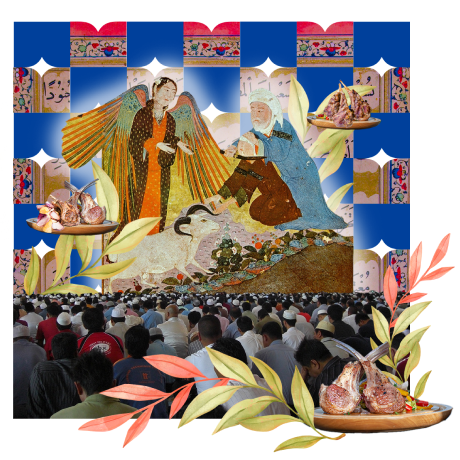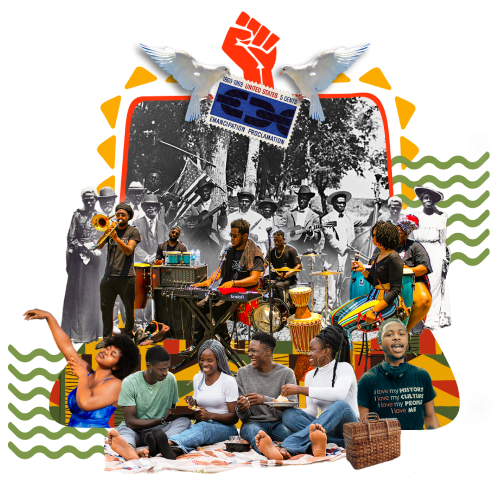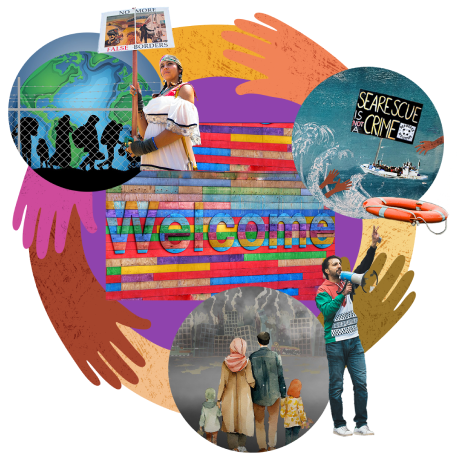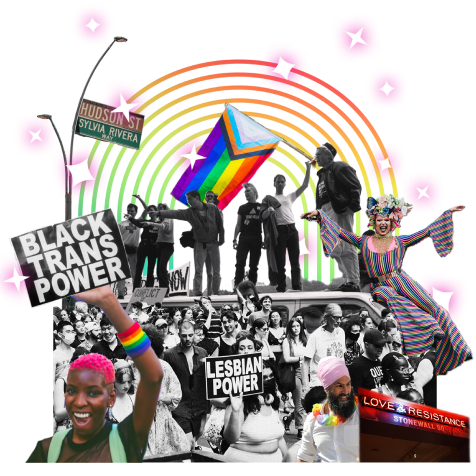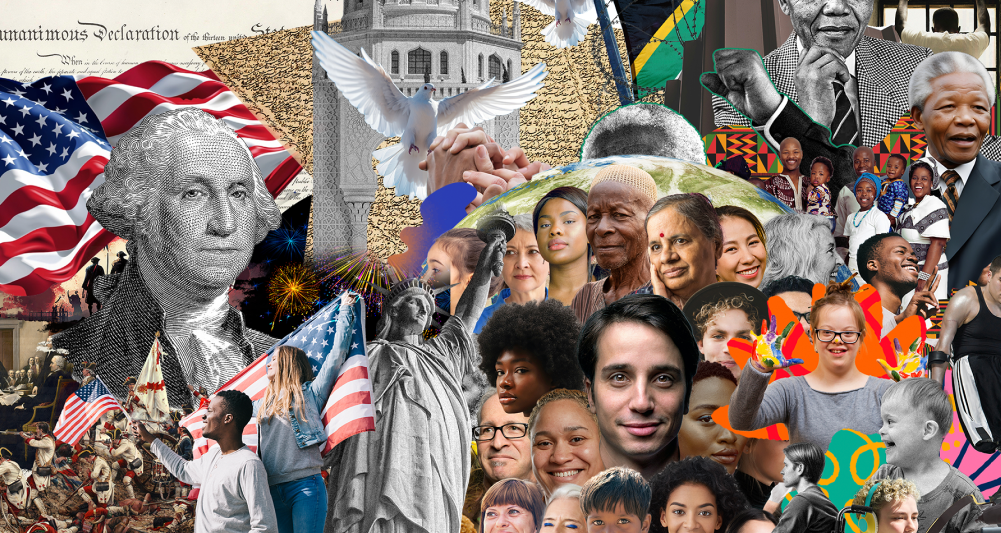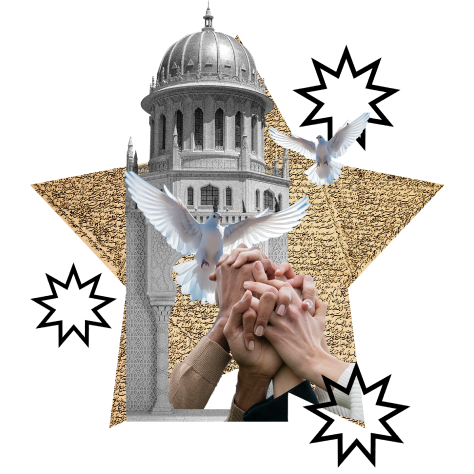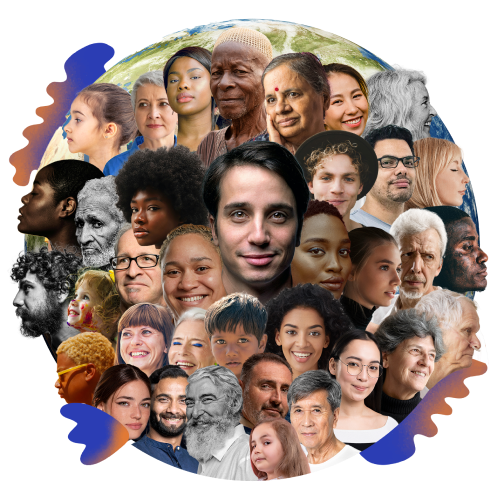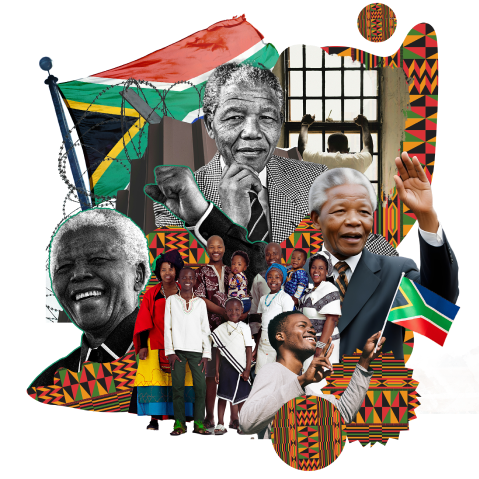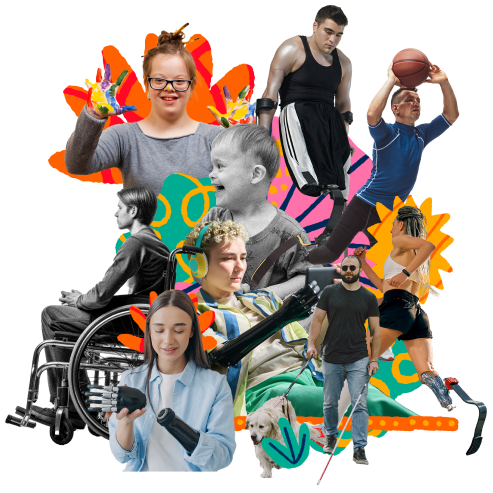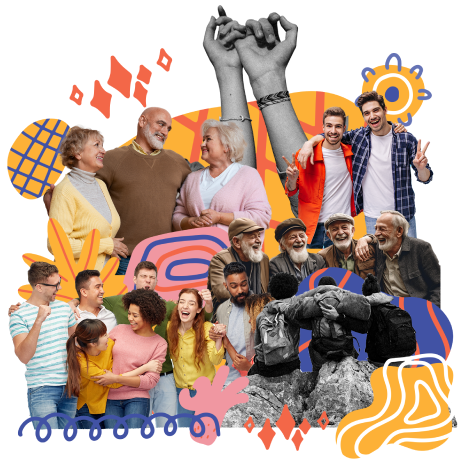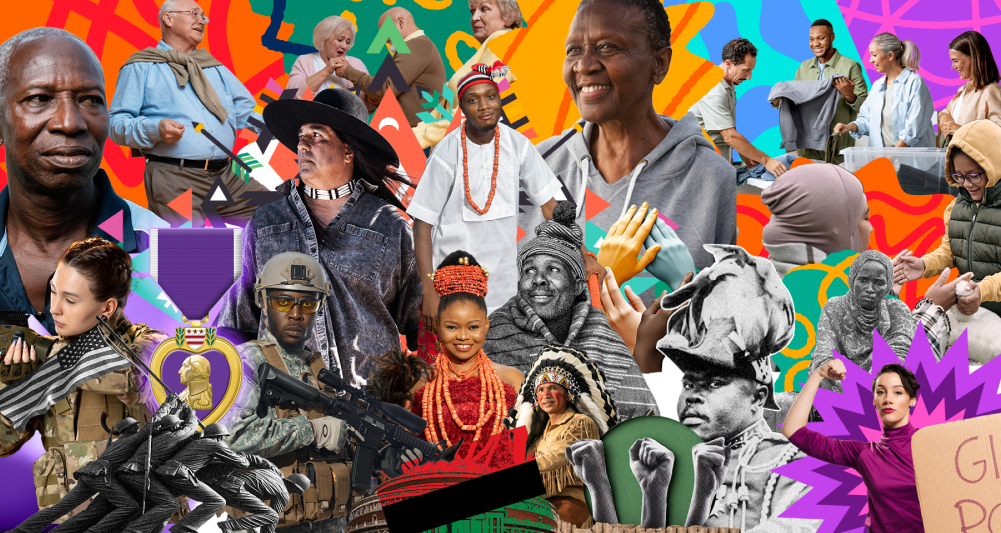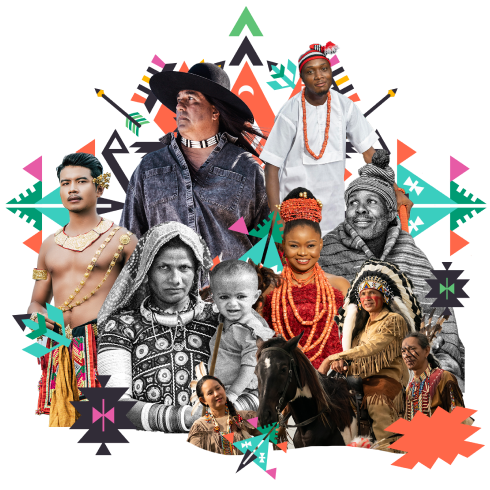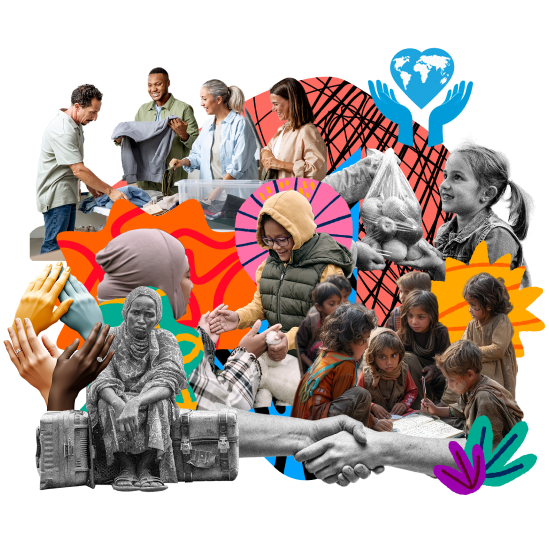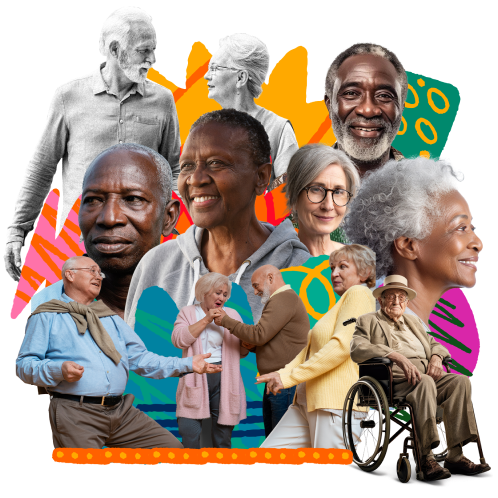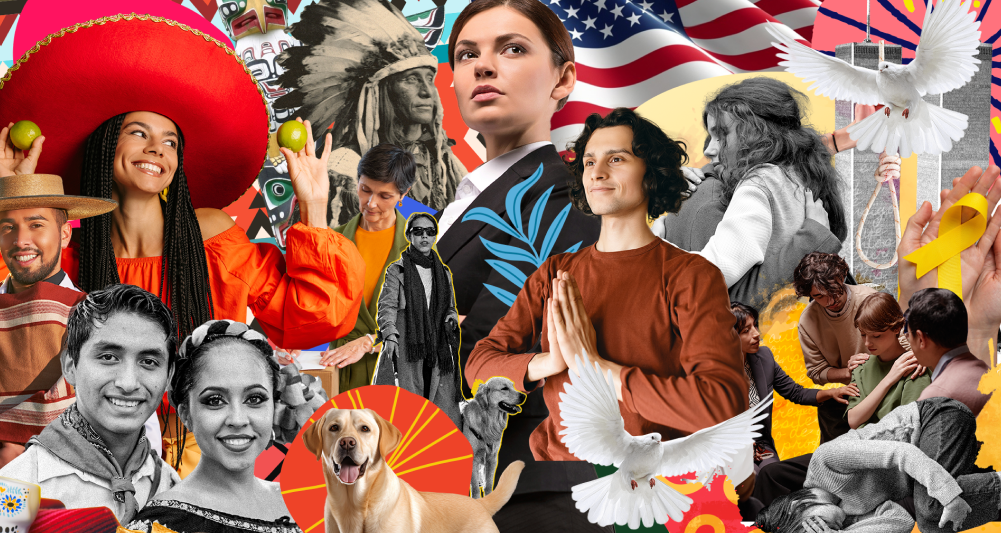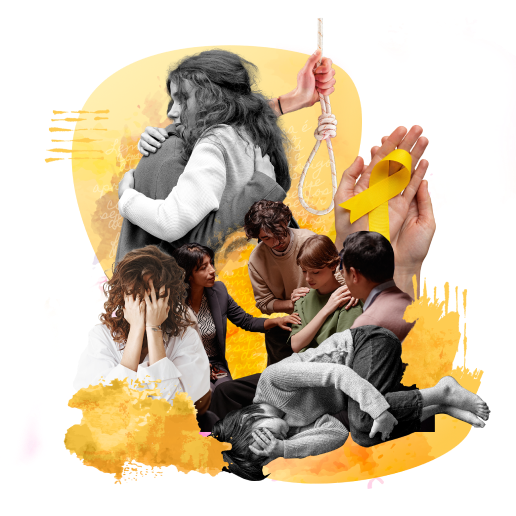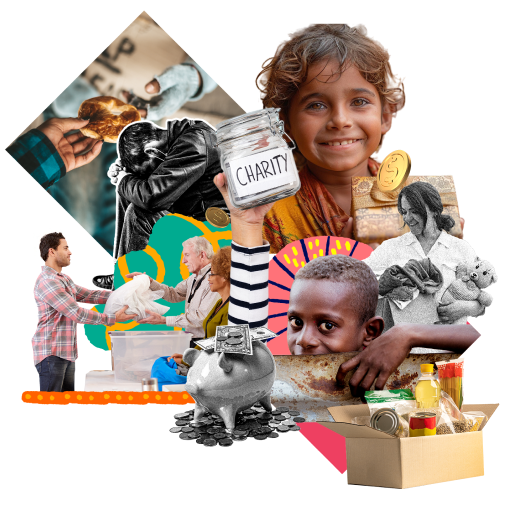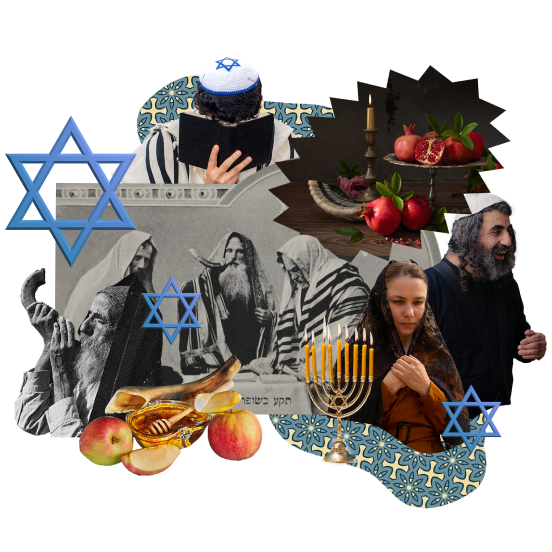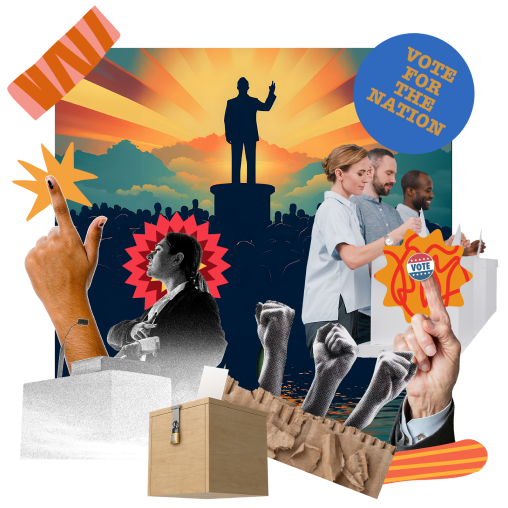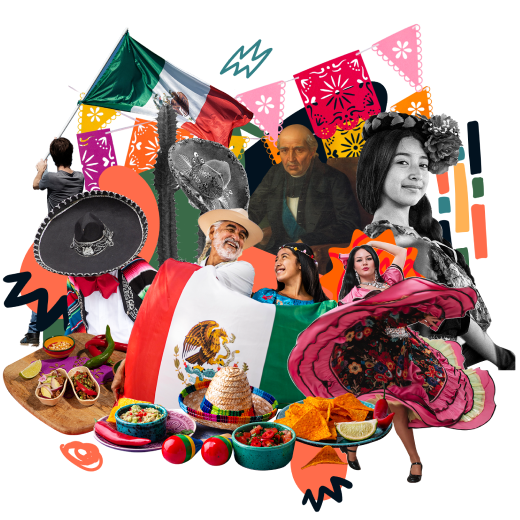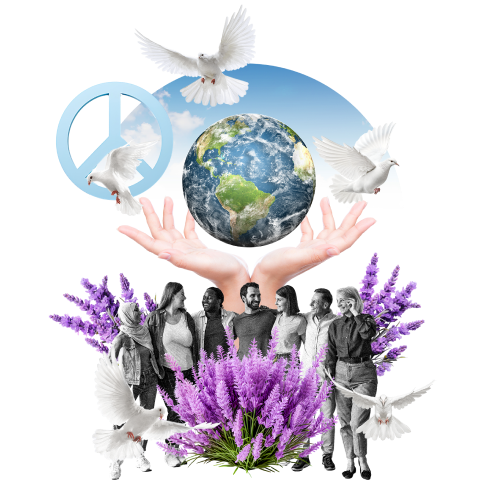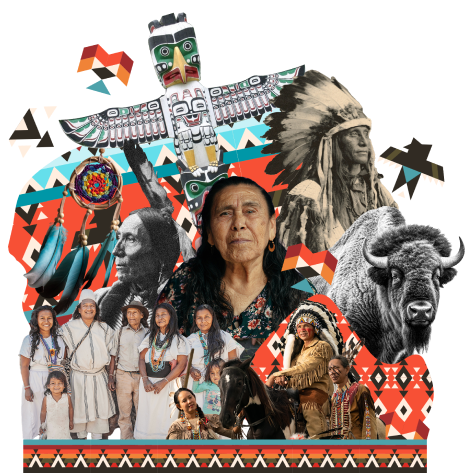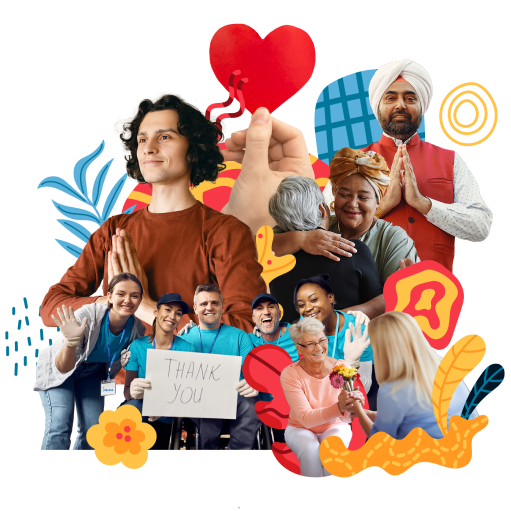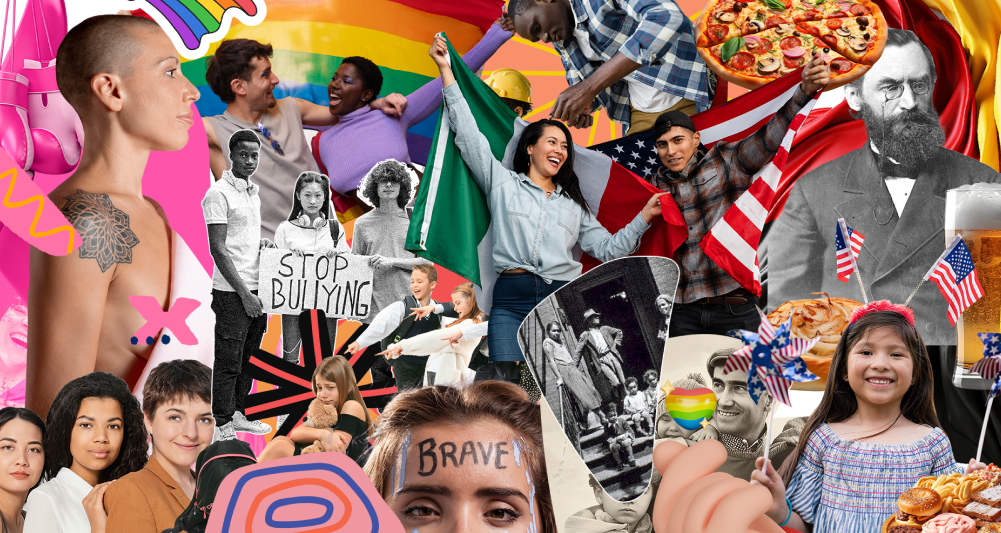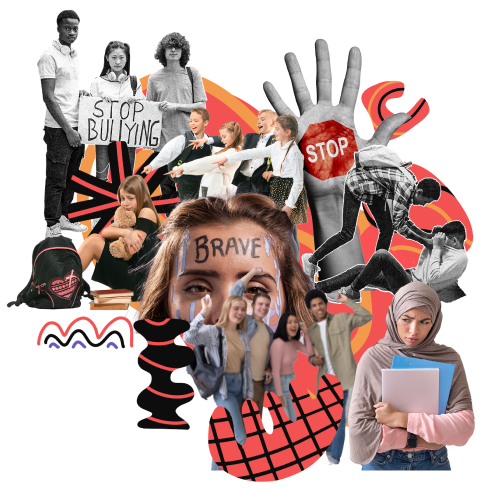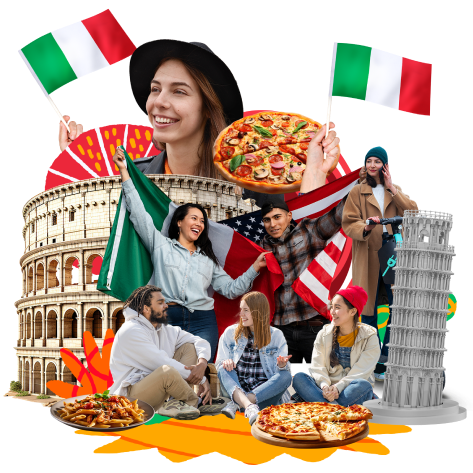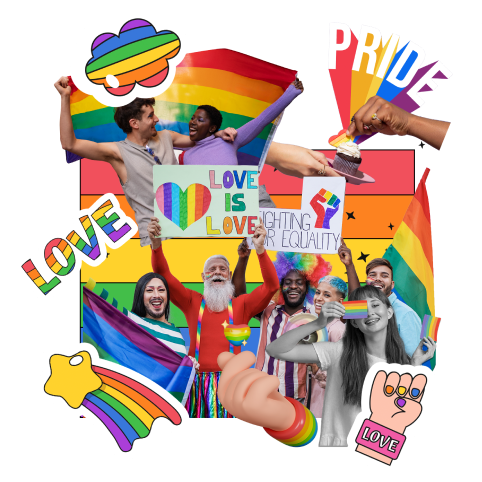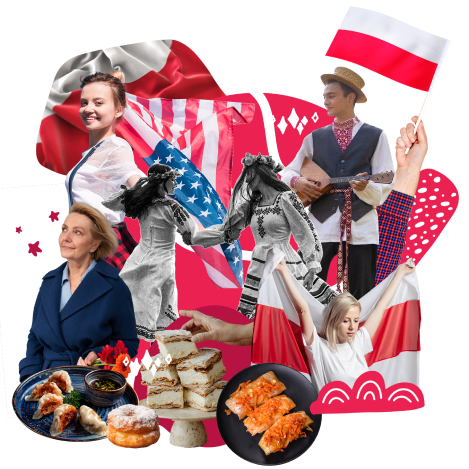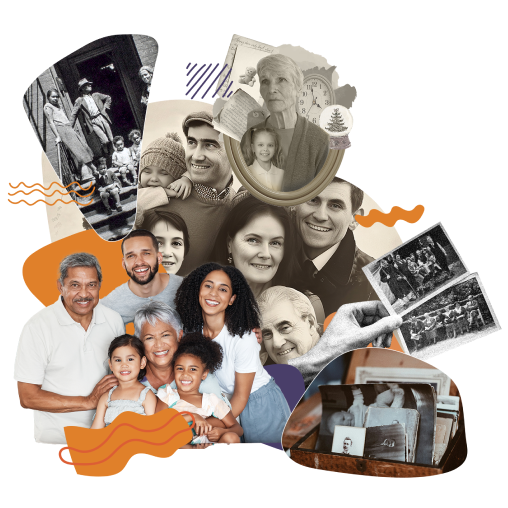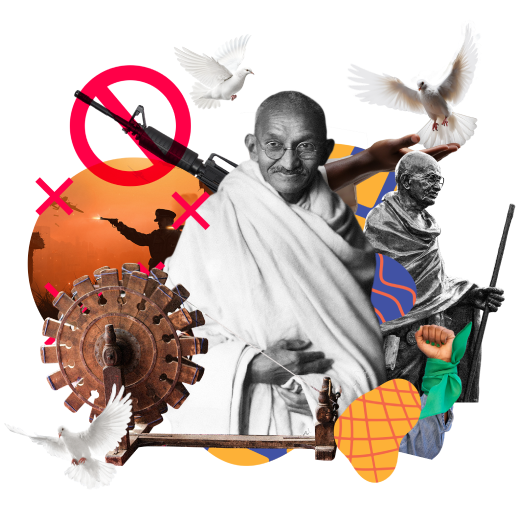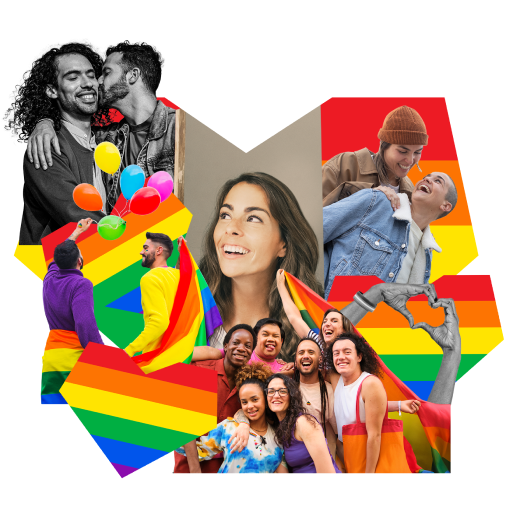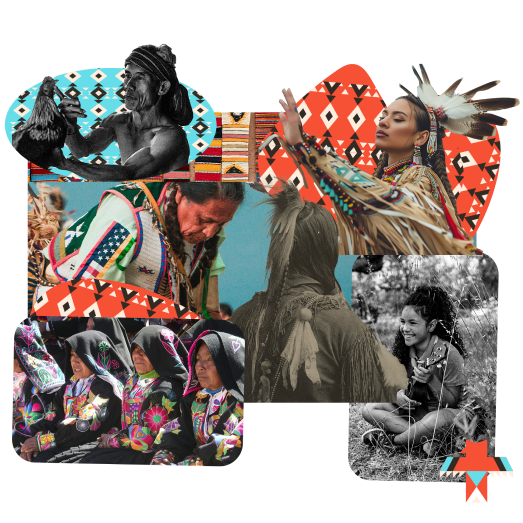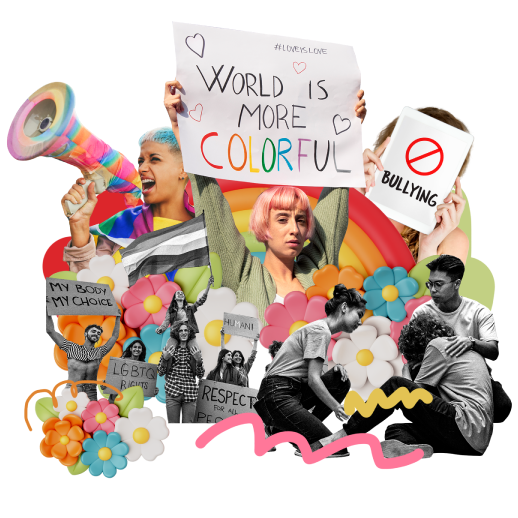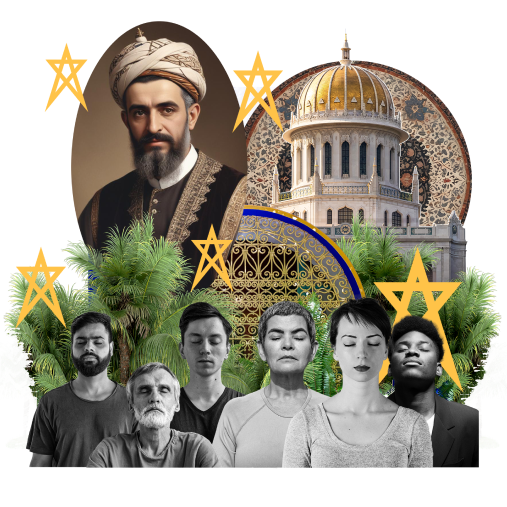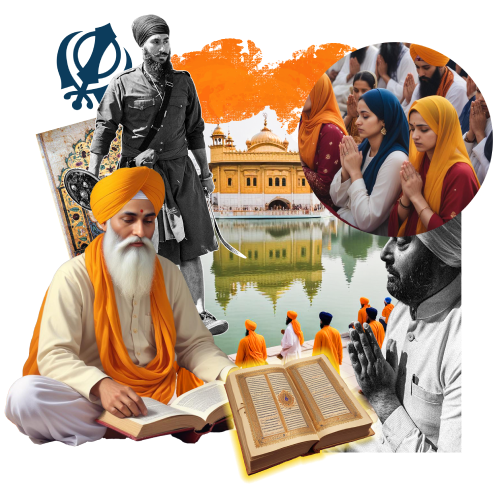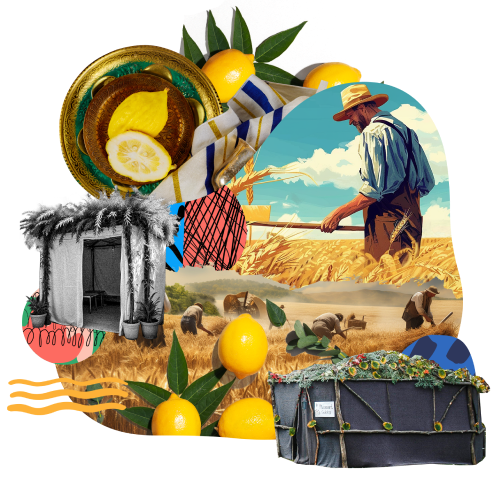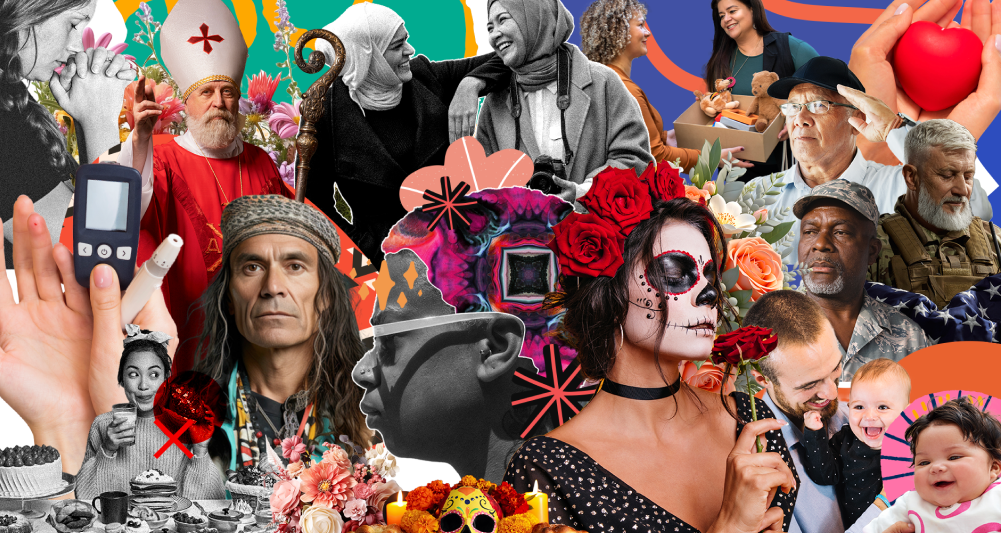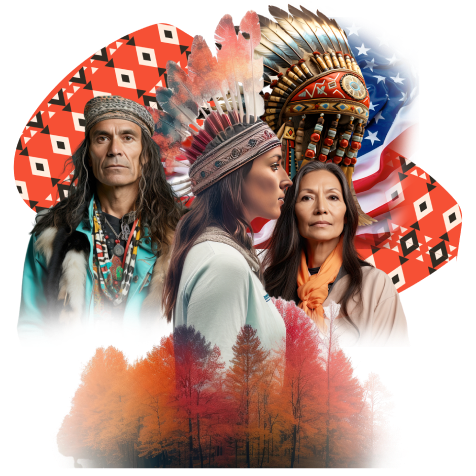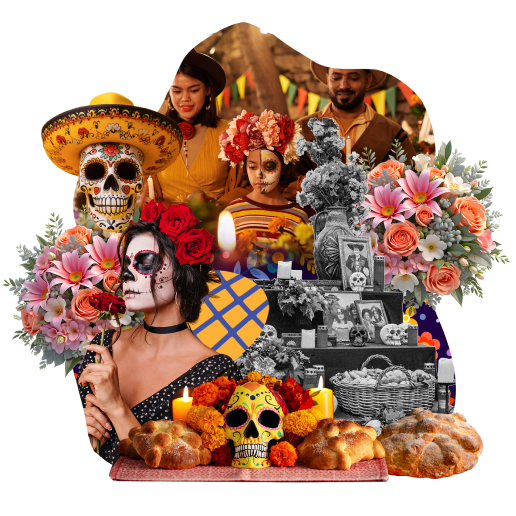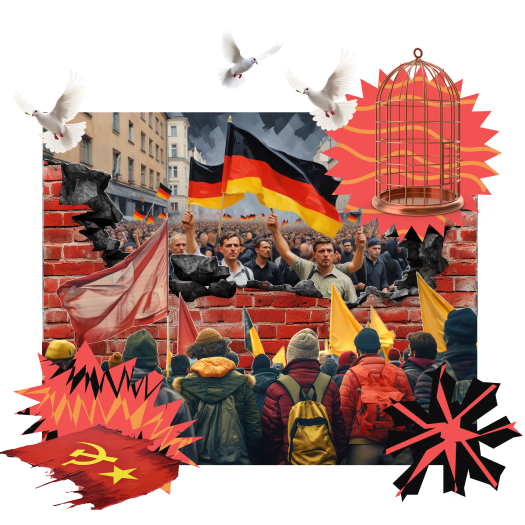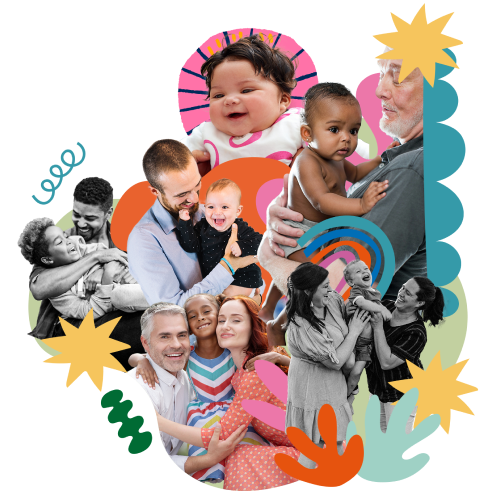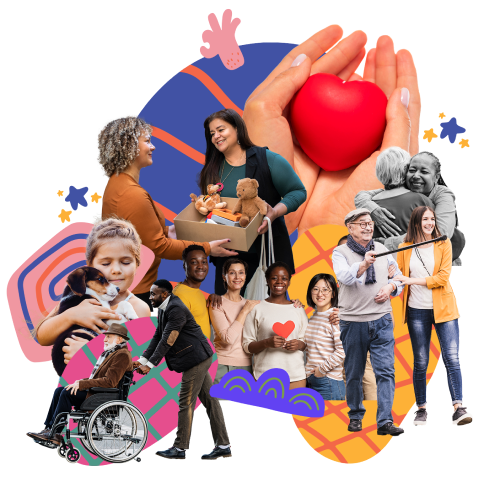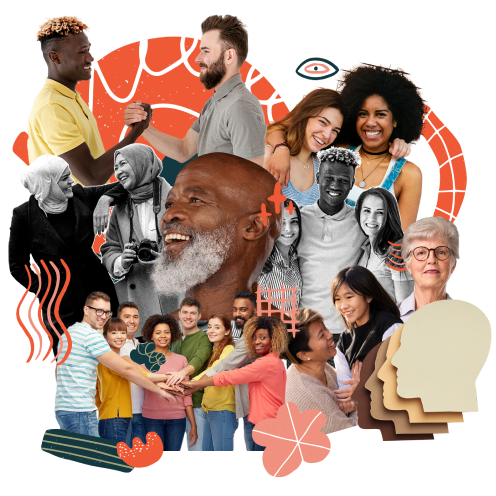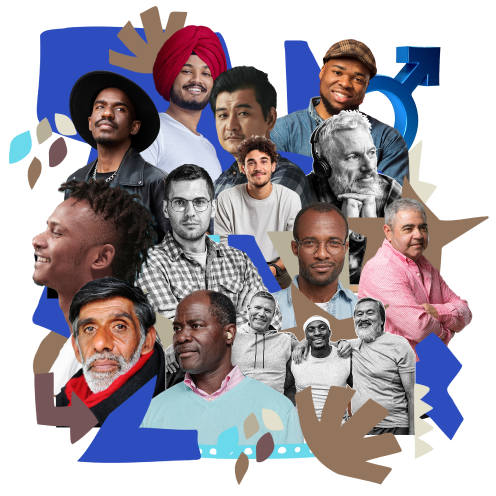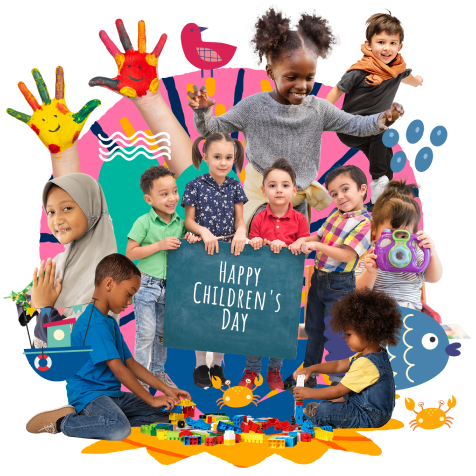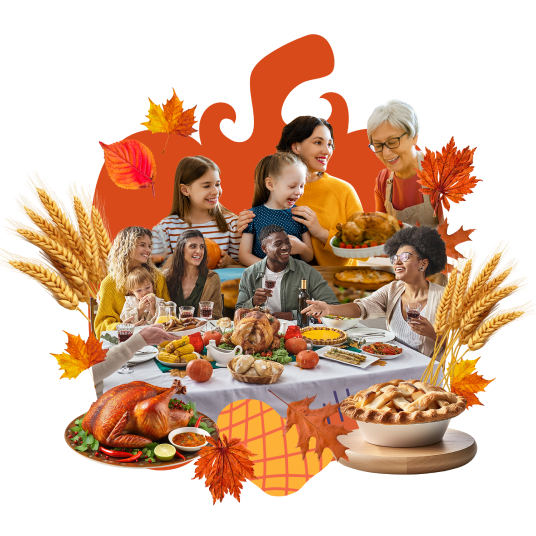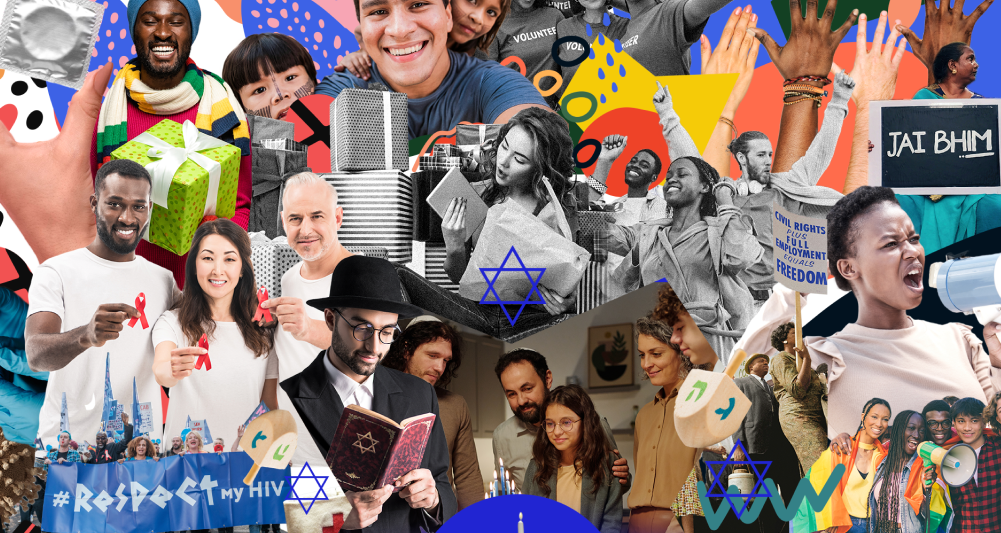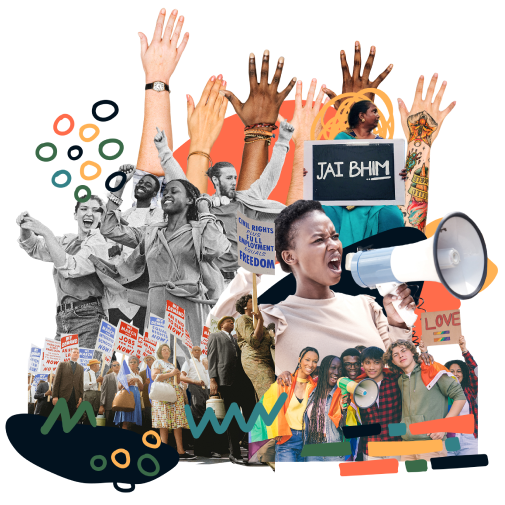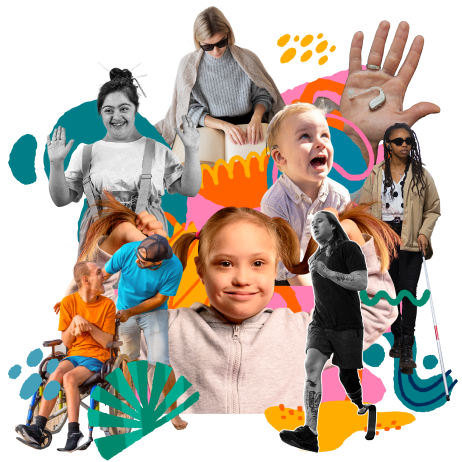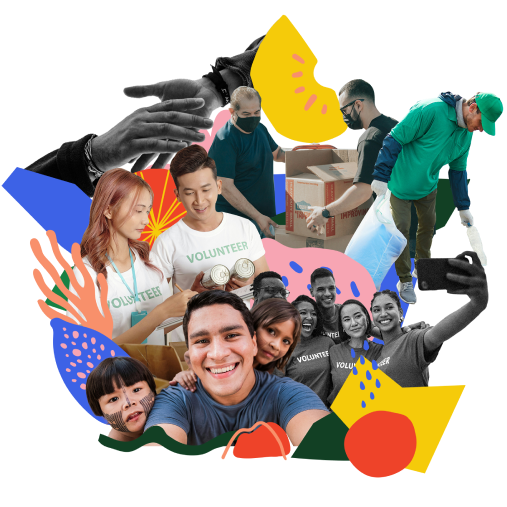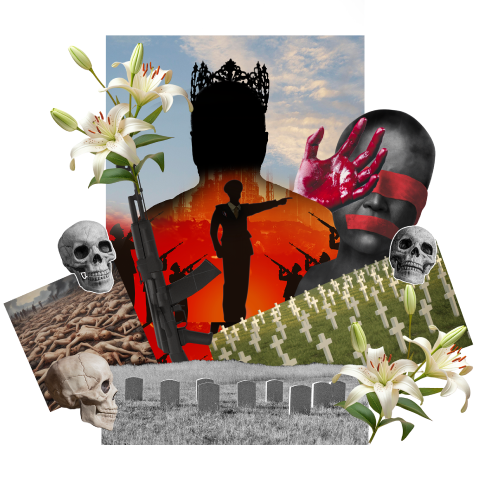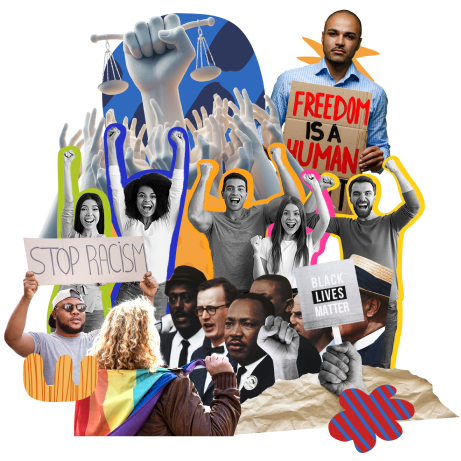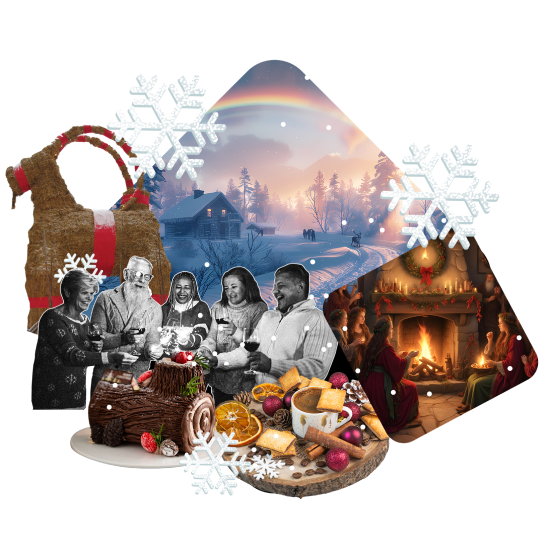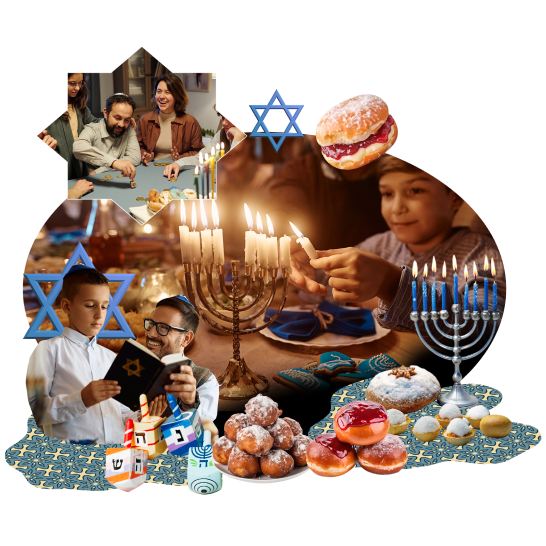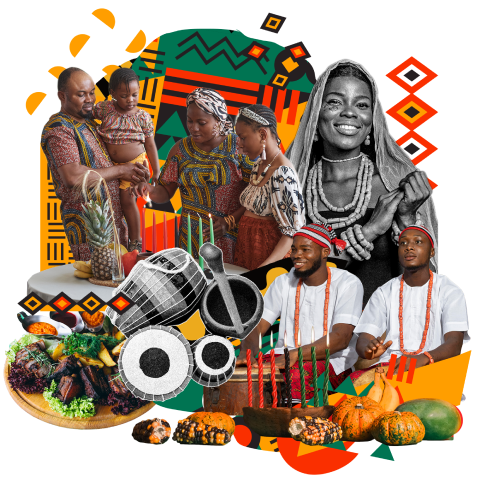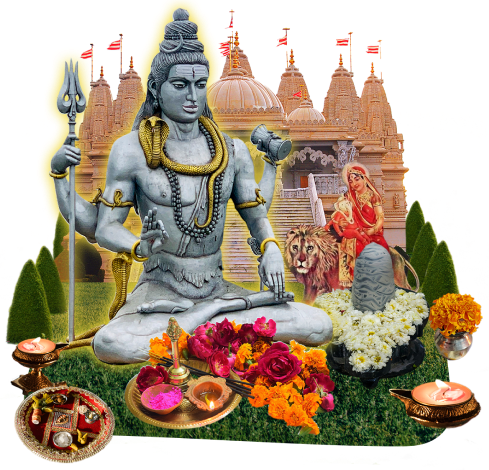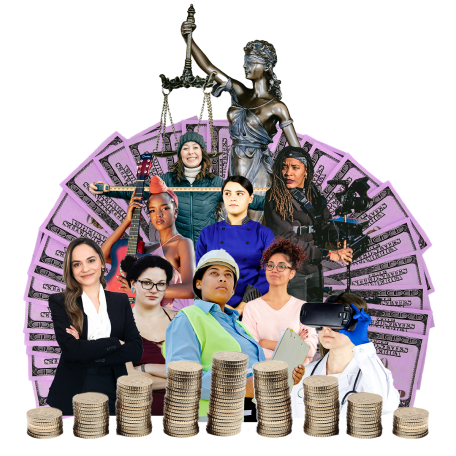
- Sun
- Mon
- Tue
- Wed
- Thu
- Fri
- Sat
Click on an observance for more information
Month-long Observances
Important January Dates
National Mentoring Month

National Mentoring Month is a campaign run throughout January by MENTOR. Launched in 2002, the campaign aims to unify and expand the mentoring movement, celebrate the power of relationships, and raise awareness.
- Sun
- Mon
- Tue
- Wed
- Thu
- Fri
- Sat
Click on an observance for more information.
Month-long Observances
Important February Dates
American Heart Month
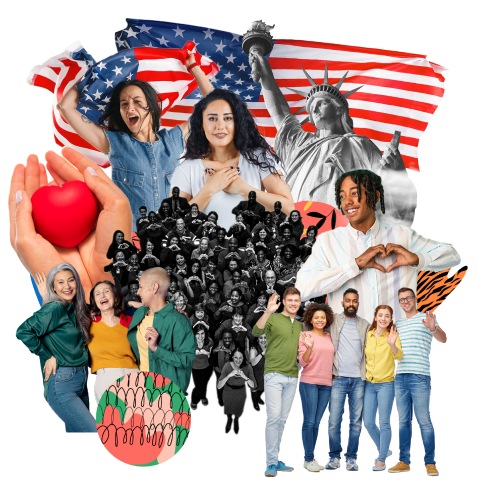
American Heart Month is observed during February, urging the people of the United States to recognize the nationwide problem of heart and blood vessel diseases and to support all essential programs required to solve the problem.
- Sun
- Mon
- Tue
- Wed
- Thu
- Fri
- Sat
Click on an observance for more information.
Month-long Observances
Important March Dates
Developmental Disabilities
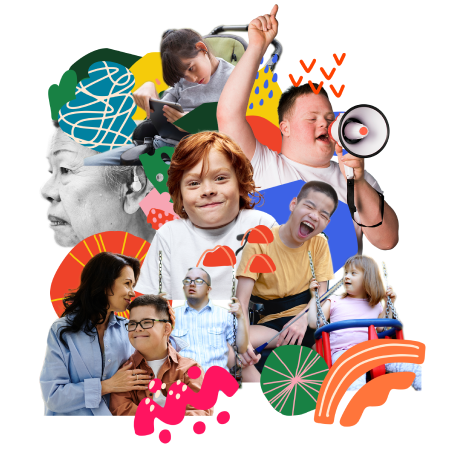
The campaign seeks to raise awareness about the inclusion of people with developmental disabilities in all facets of community life, as well as awareness of
the barriers that people with disabilities still sometimes face in connecting to the communities in which they live.
(read more)- Sun
- Mon
- Tue
- Wed
- Thu
- Fri
- Sat
Click on an observance for more information
Month-long Observances
Important April Dates
National Arab-American Heritage Month
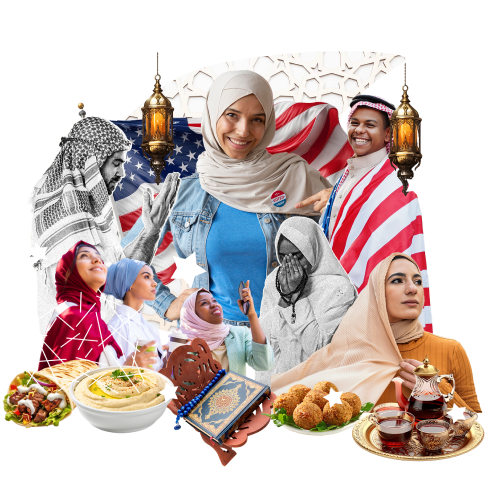
The United States Department of State has recognized April as the National Arab American Heritage Month. Stating in a public announcement on April 1, 2021,
through their official social media channels: "Americans of Arab heritage are very much a part of the fabric of this nation, and Arab Americans have contributed in every field and profession."
(read more)- Sun
- Mon
- Tue
- Wed
- Thu
- Fri
- Sat
Click on an observance for more information.
Month-long Observances
Important May Dates
ALS Awareness Month
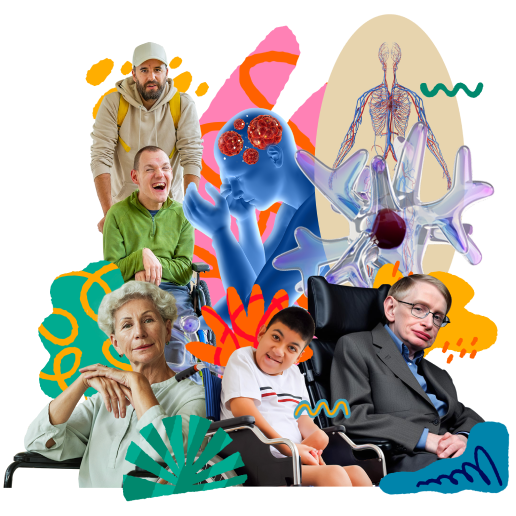
ALS Awareness Month is a campaign to spread awareness of and raise funds for research for a cure for ALS (amyotrophic lateral sclerosis, also known as Lou Gehrig's Disease).
- Sun
- Mon
- Tue
- Wed
- Thu
- Fri
- Sat
Click on an observance for more information.
Month-long Observances
Important June Dates
Alzheimer's and Brain Awareness Month
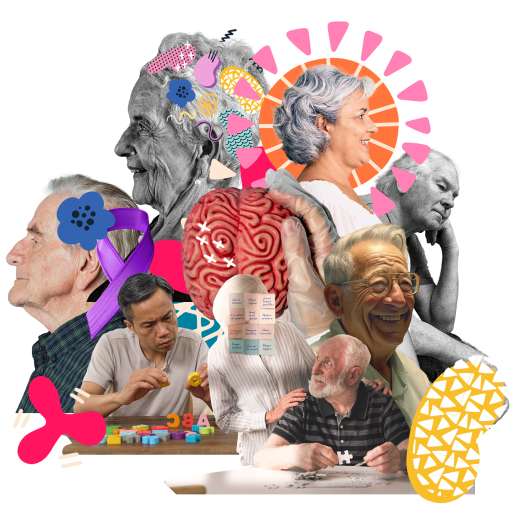
Alzheimer's and Brain Awareness Month is observed in June to raise awareness about Alzheimer's ' disease and other forms of dementia, as well as to highlight
the importance of brain health. During this month, various activities and campaigns are organized to educate the public, support research efforts, and provide resources for those affected by Alzheimer's and other cognitive disorders.
(read more)- Sun
- Mon
- Tue
- Wed
- Thu
- Fri
- Sat
Click on an observance for more information.
Important July Dates
Independence Day (USA)
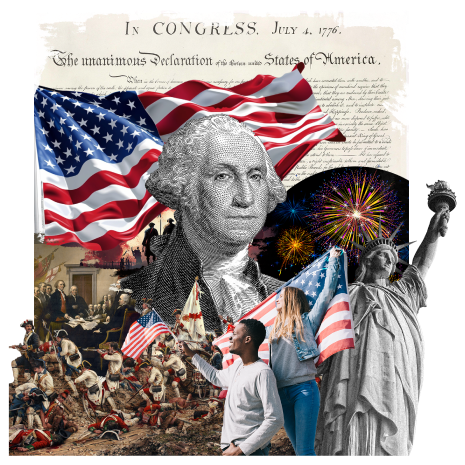
Independence Day, known colloquially as the Fourth of July, is a federal holiday in the United States commemorating the Declaration of Independence, which was
ratified by the Second Continental Congress on July 4, 1776, establishing the United States of America.
(read more)- Sun
- Mon
- Tue
- Wed
- Thu
- Fri
- Sat
Click on an observance for more information.
Important August Dates
Purple Heart Day

Each year on August 7, our nation recognizes the men and women who are known as our Purple Heart recipients. The Purple Heart, one of the oldest military
decorations, is presented to service members who were injured or killed in service to the United States.
(read more)- Sun
- Mon
- Tue
- Wed
- Thu
- Fri
- Sat
Click on an observance for more information.
Month-long Observances
Important September Dates
National Hispanic Heritage Month
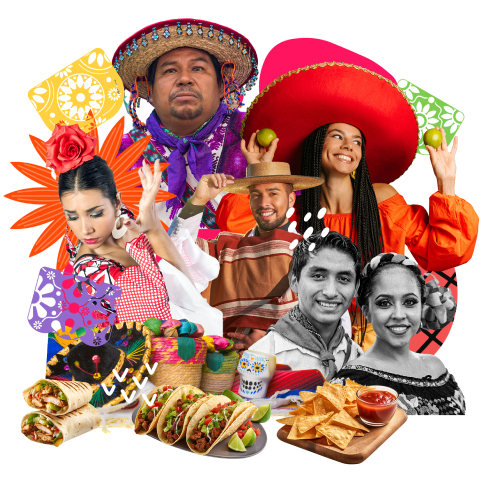
National Hispanic Heritage Month traditionally honors the cultures and contributions of both Hispanic and Latino Americans as we celebrate heritage rooted in all Latin American countries.
- Sun
- Mon
- Tue
- Wed
- Thu
- Fri
- Sat
Click on an observance for more information.
Month-long Observances
Important October Dates
Breast Cancer Awareness Month

Breast Cancer Awareness Month, observed in October, is a time dedicated to raising awareness about breast cancer, educating the public on the importance
of early detection, and supporting those affected by the disease. It's also a reminder for fundraising efforts to support research, treatment, and support services.
(read more)- Sun
- Mon
- Tue
- Wed
- Thu
- Fri
- Sat
Click on an observance for more information.
Month-long Observances
Important November Dates
Diabetes Awareness Month
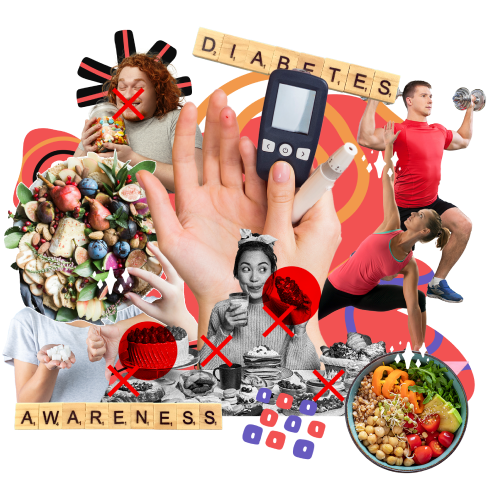
Diabetes Awareness Month is observed every November to raise awareness about diabetes, its risk factors, symptoms, and the importance of prevention
and management. It aims to educate the public, promote healthy lifestyle choices, and highlight the challenges faced by those living with diabetes. Organizations like the American Diabetes Association and the International Diabetes Federation often lead initiatives, campaigns, and events during this month to support research and advocacy efforts. It's a time to spread knowledge and support those affected by the disease.
(read more)- Sun
- Mon
- Tue
- Wed
- Thu
- Fri
- Sat
Click on an observance for more information.
Month-long Observances
Important December Dates
HIV/AIDS Awareness Month

World AIDS Month is observed annually in December to raise awareness about HIV/AIDS and to support those affected by the virus. The key date within this
month is December 1, which is recognized as World AIDS Day. Established in 1988 by the World Health Organization (WHO), World AIDS Day is a global event dedicated to spreading awareness about HIV/AIDS, commemorating those who have died from the disease, and promoting efforts to fight the epidemic.
(read more)